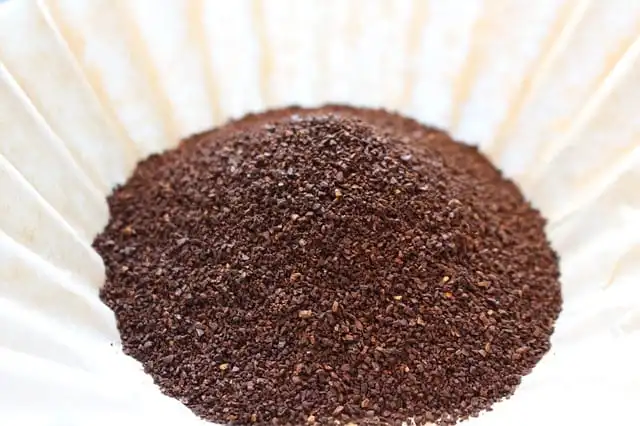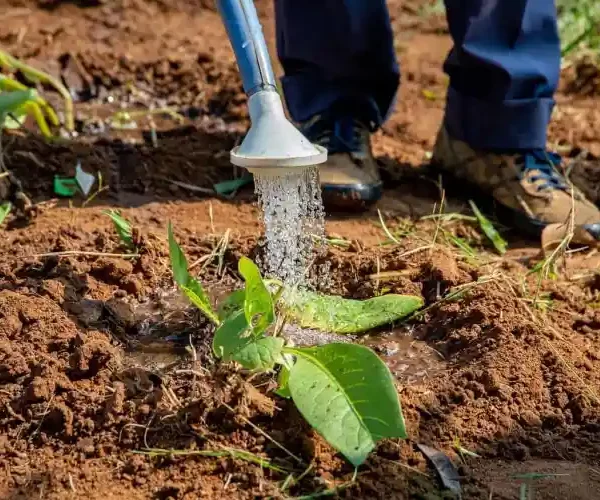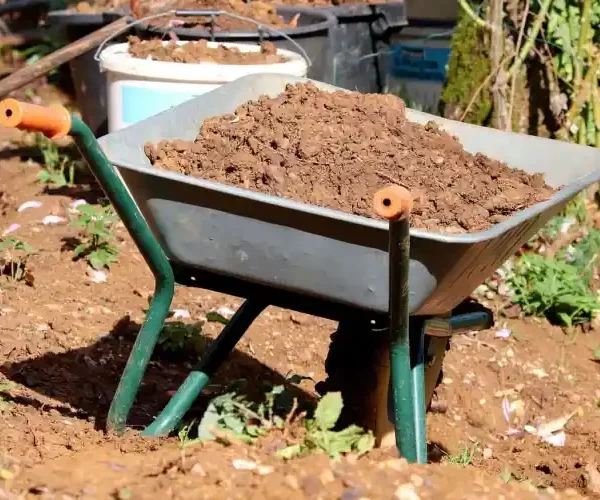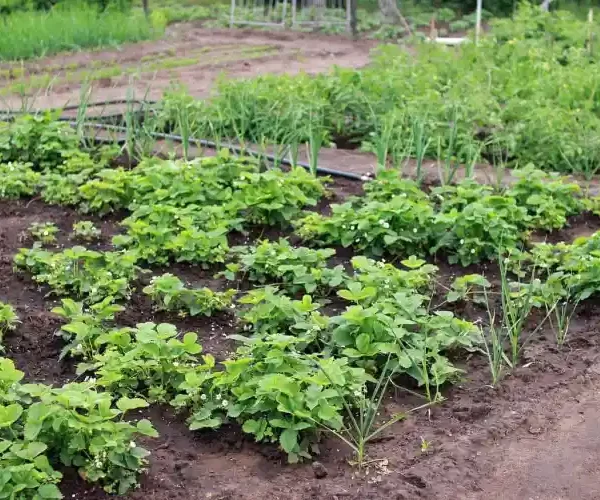Benefits of Using Coffee Grounds in the Garden
Coffee grounds can provide several benefits when used correctly
Soil Amendment
Coffee grounds are rich in nitrogen, which can improve soil structure and fertility, benefiting nitrogen-loving plants like leafy greens.
Organic Matter
When added to compost or directly to soil, coffee grounds contribute to organic matter, enhancing soil health and promoting microbial activity.
Acidification
Used coffee grounds are slightly acidic, making them suitable for acid-loving plants such as azaleas, rhododendrons, and blueberries.
Potential Drawbacks and Considerations
While coffee grounds offer benefits, there are considerations to keep in mind
Acidity Levels
Fresh coffee grounds are acidic, but used grounds are less so. Excessive use of fresh grounds can alter soil pH, affecting plant health negatively.
Composting
Coffee grounds can be compacted and slow to decompose. Mixing them with other compost materials helps balance nutrient content and improve decomposition rates.
Caffeine Content
Some studies suggest that caffeine in coffee grounds may inhibit seed germination and plant growth in high concentrations.
Best Practices for Using Coffee Grounds
To effectively use coffee grounds in your garden
Composting
Mix coffee grounds with other compost materials like leaves, grass clippings, and kitchen scraps to balance nutrient content and improve compost quality.
Application
Apply coffee grounds sparingly around plants or incorporate them into the soil to avoid excessive acidity buildup.
Variety of Plants
Use coffee grounds selectively for acid-loving plants and avoid over-application in areas with plants sensitive to acidity.
Expert Recommendations and Resources
For more detailed guidance on using coffee grounds in gardening, consult resources from authoritative sources such as the United States Department of Agriculture (USDA) or horticultural publications from academic institutions like University of California Agriculture and Natural Resources. These sources offer evidence-based insights into soil health management and sustainable gardening practices.
Conclusion
Using coffee grounds in your garden can be beneficial if done correctly, enhancing soil fertility and supporting plant growth. By following best practices and considering plant preferences and soil conditions, you can effectively integrate coffee grounds into your gardening routine while promoting a healthy and thriving garden environment.
Are coffee grounds good for plants in the garden?
Coffee grounds can benefit plants by providing nitrogen, improving soil structure, and contributing to organic matter when used in moderation and properly composted.
Do coffee grounds make soil acidic?
Fresh coffee grounds are acidic, but used coffee grounds are less so. They can slightly acidify soil, which is beneficial for acid-loving plants but should be monitored to avoid over-acidification.
How should I use coffee grounds in my garden?
Use coffee grounds in moderation by adding them to compost or mixing them into soil. Avoid applying them directly around plants sensitive to acidity and balance with other organic materials.
Can coffee grounds attract pests to the garden?
Coffee grounds themselves do not attract pests significantly. Properly composted coffee grounds incorporated into the soil pose minimal risk of attracting pests.
Which plants benefit most from coffee grounds?
Acid-loving plants such as azaleas, rhododendrons, blueberries, and certain varieties of roses benefit most from coffee grounds due to their slight acidity and nutrient content.
Do coffee grounds inhibit seed germination?
Fresh coffee grounds contain caffeine, which in high concentrations can inhibit seed germination and plant growth. It’s advisable to compost coffee grounds before using them near seeds or seedlings.
How much coffee grounds should I use in my garden?
Use coffee grounds sparingly, typically as part of a compost mix or soil amendment. Start with small amounts and monitor soil pH to prevent over-acidification.
Can I use coffee grounds from flavored or decaffeinated coffee?
Yes, flavored and decaffeinated coffee grounds can be used in the garden. They provide similar organic matter benefits without the caffeine content that affects plant growth.
Are there plants that do not tolerate coffee grounds?
Plants that prefer alkaline soil or are sensitive to acidity, such as tomatoes, potatoes, and some herbs, may not tolerate direct application of coffee grounds and should be avoided.
How do coffee grounds compare to other organic fertilizers?
Coffee grounds offer nitrogen and organic matter similar to other compostable materials. They are valued for their soil conditioning properties and are best used in conjunction with a balanced compost mix.
- Lip Filler London – Lip Augmentation & Natural Lip Enhancement - December 16, 2025
- Tennessee’s THC Beverage Market - June 5, 2025
- Top THC Infused Seltzers in Delaware - June 5, 2025




